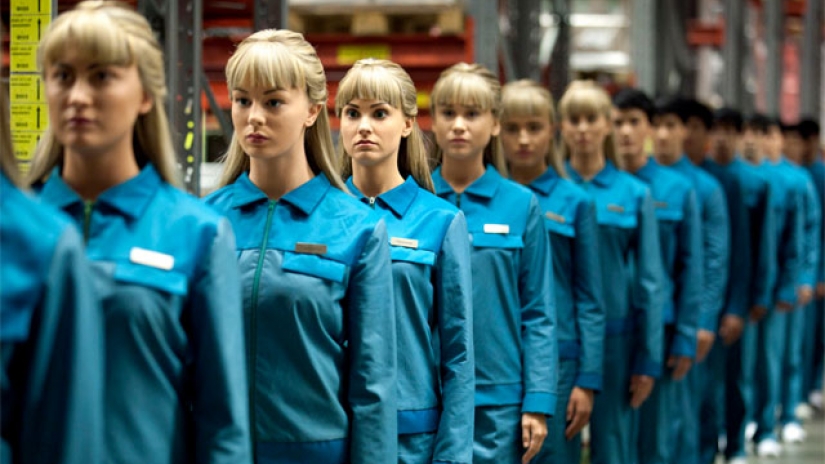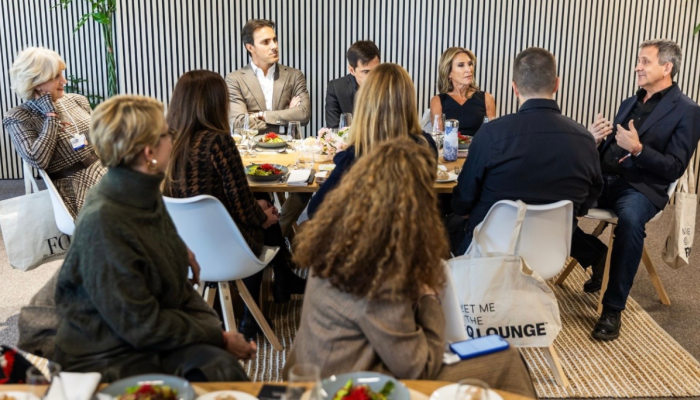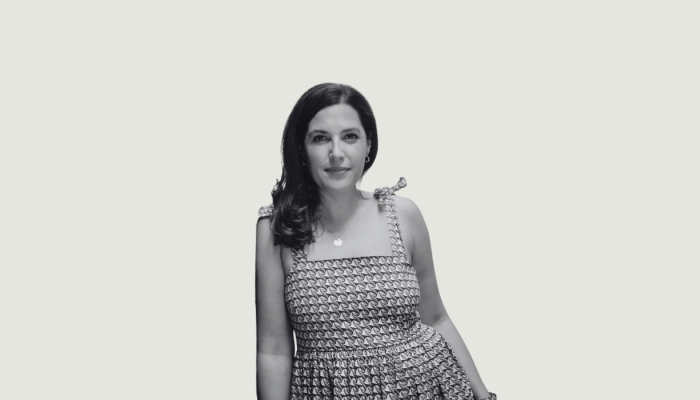Let me start this article by sharing a shocking revelation that I recently discovered about Larry Page, the co-founder of Google.
I was researching for my upcoming book on the future of work, when I came across a passage in, “Life 3.0”, by professor Max Tegmark of MIT. He describes a heated after-dinner debate that he witnessed between Elon Musk and Larry Page where, in defence of his “digital utopian” views, Page accused Musk of being “specieist”, since he was “treating certain lifeforms as inferior just because they were silicone-based, rather than carbon-based.” (Tegmark, 2018)
On the surface this may sound like a science fiction debate that has no bearing on our “real lives”, but it’s far from it. These sentiments were expressed by one of the most influential people in technology, if not the most influential person, on our planet. The truth is that within a few short decades the digital revolution has grown into an incredibly powerful force with a life of its own. This means that our knowledge is growing at an unprecedented speed and information is more accessible to us than ever before.
Now, we’ve all heard that “knowledge is power”. We also know that “with great power comes great responsibility”. But what if you weren’t fully aware of the amount of knowledge (and power) that you had? If you think you don’t have a huge amount of knowledge and power to impact the world around you, think again. What kind of device are you reading this article on, right now? Your phone, tablet, or personal computer?
In 2020, you can access more knowledge at the touch of a screen on your smartphone than what was accessible to the President of the United State in the 1990.
Technology is giving us access to knowledge and power, but it can’t give us the wisdom to use this power sensibly. That part requires conscious choice and awareness, you can also call it mindfulness. Most of us go through the motions in our day to day lives. We work to pay the bills, go on holidays, post Instagram pictures, and raise kids - a future generation that has to live with the consequences of our unconscious decisions, today. We are often oblivious to how technology is changing our lives, living mindlessly and not fully engaging with what’s unfolding around us. The business landscape is just one example of how technology is changing the very DNA of the society, not always for the better.
Artificial Intelligence, and in particular, Machine Learning, which is one of its sub-fields, is here to turn our worlds upside down. According to a McKinsey report “about 60 per cent of all occupations have at least 30 per cent of activities that are technically automatable, based on currently demonstrated technologies.” (McKinsey & Company, 2016) This creates a huge challenge for companies and individuals, as it means that we all have to redefine the way we think about work.
But the change is happening quicker than we have the ability to manage it well.

Company leaders may be rubbing their palms in excitement, at first.
More automation means less human workers, less sick pay, less maternity and paternity leave, less need for emotional engagement, and higher productivity. However, growth is not always for the better. When growth is not managed and paced well it can lead to catastrophic consequences. The environmental crisis of our time, and the increasing gap between the rich and the poor, is a testament to this.
The digital revolution has created a winner-take-all economy, giving a disproportionate advantage to a small number of tech giants around the globe who sadly display little wisdom, despite their great knowledge and power. Is this the world that we all want for ourselves and our future generations?
So, what’s the solution?
In my upcoming book on the future of work, I describe four human skills that can help us survive and thrive in the age of artificial intelligence. These four skills are Emotional Intelligence, Critical Thinking, Contextual Creativity, and Mindfulness.
Now, mindfulness is the bedrock of the other three skills. All of these skills require the ability to understand our own subjective experiences, and that of others, and a sense of togetherness, empathy, and compassion. These all are concepts that would have made no sense in the business landscape as we knew, since the first industrial revolution.
Ironically, today’s digital revolution has the potential to force us to change our way of life to live more mindfully, be more engaged and ultimately more fulfilled. Alternatively, we can choose to let go and allow technology to grow on autopilot, losing control of what our society, and our species, will turn into. The choice is ours.
Somi gives talks and workshops, internationally on the topics of digital transformation and millennial/Gen Z engagement, both in Marketing and HR. Follow her on twitter @somiarian
This article appeared in issue 5 of Marketing Society members' publication EMPOWER. View the archive here.



